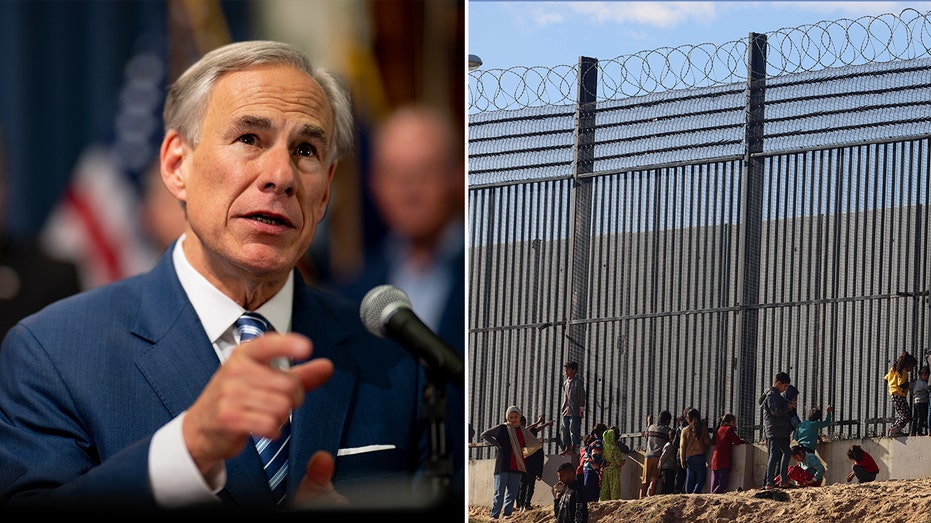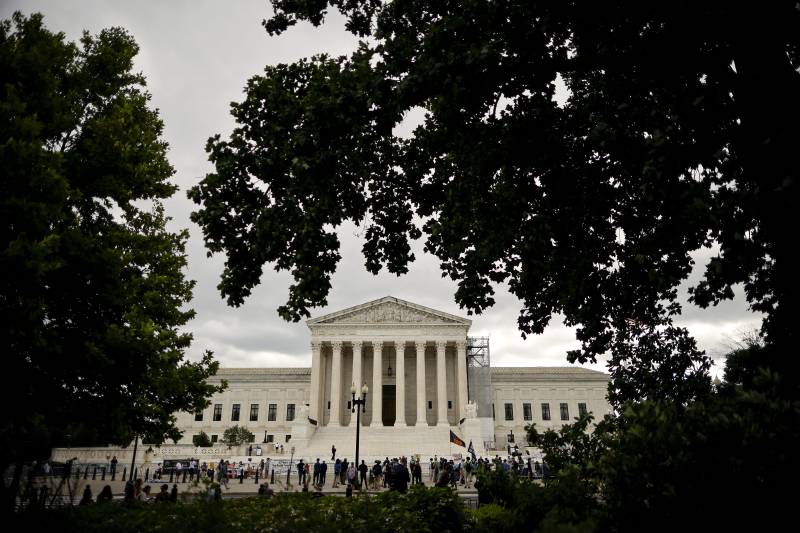The Supreme Court’s immigration about-face has progressives all twisted up
As the Trump administration’s blitzkrieg first 100 days comes to its conclusion, progressives are holding out hope that the Roberts’s court will come to the rescue. They have no other choice.

President Trump vented his frustration last week with the Supreme Court’s order forbidding the administration from using the Alien Enemies Act to deport Venezuelan migrants to El Salvador.
Trump took to Truth Social, claiming, “My team is fantastic, doing an incredible job, however, they are being stymied at every turn by even the U.S. Supreme Court, which I have such great respect for, but which seemingly doesn’t want me to send violent criminals and terrorists back to Venezuela, or any other Country, for that matter.”
The 1798 act allows the president to detain or deport citizens of an enemy nation during wartime, or in response to an invasion, without a hearing. Trump wants to use it, as he explained, because “We cannot give everyone a trial, because to do so would take, without exaggeration, 200 years. We would need hundreds of thousands of trials for the hundreds of thousands of Illegals we are sending out of the country. Such a thing is not possible to do. What a ridiculous situation we are in.”
Ridiculous is one way to describe it. There are others: unprecedented, perilous, frightening, disorienting.
The situation is particularly disorienting for progressives, who now find themselves rallying to the defense of the Supreme Court after years of unrelenting criticism.
Several things stand out in the justices' recent decision, including the fact that they were persuaded that if they did not act in the middle of the night, they would again find themselves in a situation where the administration would claim that nothing could be done to bring the deported back into the U.S. In this case, the court didn’t even wait for Justice Samuel Alito to issue his dissent. When it appeared, Alito took his colleagues to task for granting “unprecedented and legally questionable relief.”
Not surprisingly, critics of the Trump administration were quick to praise the court’s decision, putting aside their stinging criticisms of the justices for their partisan loyalty to the president.
“The court’s late-night intervention is an extraordinary and highly unusual rebuke to the government, one that may well mark a turning point in the majority’s approach to this administration,” said Slate’s Mark Joseph Stern. “For months, [the Supreme Court] has given the government every benefit of the doubt, accepting the Justice Department’s dubious assertions and awarding Donald Trump immense deference.”
Last week, however, “a majority of justices signaled that they no longer trust the administration to comply with the law, including the court’s own rulings.”
This was something of a switch from Stern’s previous accusation that “The Supreme Court Is Fully MAGA-Pilled.” Writing in July 2024, after the Supreme Court concluded its last term, he and his colleague Dahlia Lithwick argued that the court’s "conservative supermajority has, in recent weeks, restructured American democracy in the Republican Party’s preferred image.” They accused the court of creating “a monarchical presidency,” and concluded, “Whatever braking mechanism once existed at the court is now broken.”
Stern and Lithwick were not the only progressives mounting a sustained critique of the Roberts Court. Last September, the Nation’s Elie Mystal said that Chief Justice John Roberts "has been fully captured by the cult of Donald Trump.” She continued, “Roberts has been spending his time putting his heavy thumb on the scales to help Trump accomplish his legal and political goals.”
But as the Trump administration’s blitzkrieg first 100 days comes to its end, progressives are holding out hope that the Roberts’s court will come to the rescue. They have no other choice.
With the Republican congressional majority nowhere in sight, paralyzed by what Alaska’s Republican Sen. Lisa Murkowski labelled “fear of retaliation” from Trump, the federal judiciary has stepped up and supplied the braking mechanism.
Speculating as to why the Supreme Court stopped the administration from proceeding under the Enemy Aliens Act, The New Yorker’s Ruth Marcus says, “In all likelihood, the Trump administration’s behavior became too much for the Court to ignore.” The justices, this liberal commentator added, “have disappointed before and no doubt will again. And in the Venezuelan case, the protection the Court granted isn’t permanent—it will last only ‘until further order.’ But after weeks of mixed and muted messaging, the Court has finally spoken, with clarity and strength, in support of the rule of law.”
That is why, for the moment at least, progressives can join her in saying “Thank God for the Supreme Court.”
Austin Sarat is the William Nelson Cromwell Professor of Jurisprudence and Political Science at Amherst College.








































































